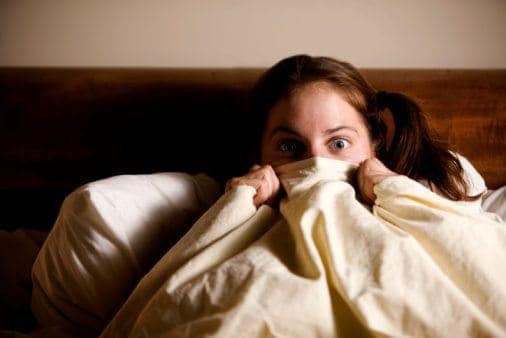
The experiment, led by Katherina Hauner, assistant director of the Cognitive Neuroscience Laboratory of the Rehabilitation Institute of Chicago at the Northwestern University Feinberg School of Medicine, involved 15 people, who received mild electric shock—the standard method of fear conditioning—50% of the time they were shown two specific faces. But Hauner added another cue: scent. “Face 1” was accompanied by the smell of mint; “Face 2,” lemon.
The conditioning worked. Test subjects learned to fear the faces and aromas that came with a shock.
Next, test subjects napped. When they entered slow wave sleep, they were exposed to one of the two smells associated with fear conditioning. At first, monitoring equipment indicated a strong fear response, but the fear decreased the longer they slept in a slow wave state and smelled the aroma.
After the test subjects awoke, they were exposed to the same pictures of faces as before, but with different results. Their fear of the specific face associated with the odor they’d been given while asleep was diminished. The longer they slept in slow wave mode and smelled the aroma, the more powerful the effect.
Edward Pace-Schott, an assistant professor of psychiatry at Harvard Medical School, said, “…it suggests that if you can get contextual information into the brain during sleep, some sort of learning process can take place. The fact that it gets into the brain during sleep is remarkable.”




